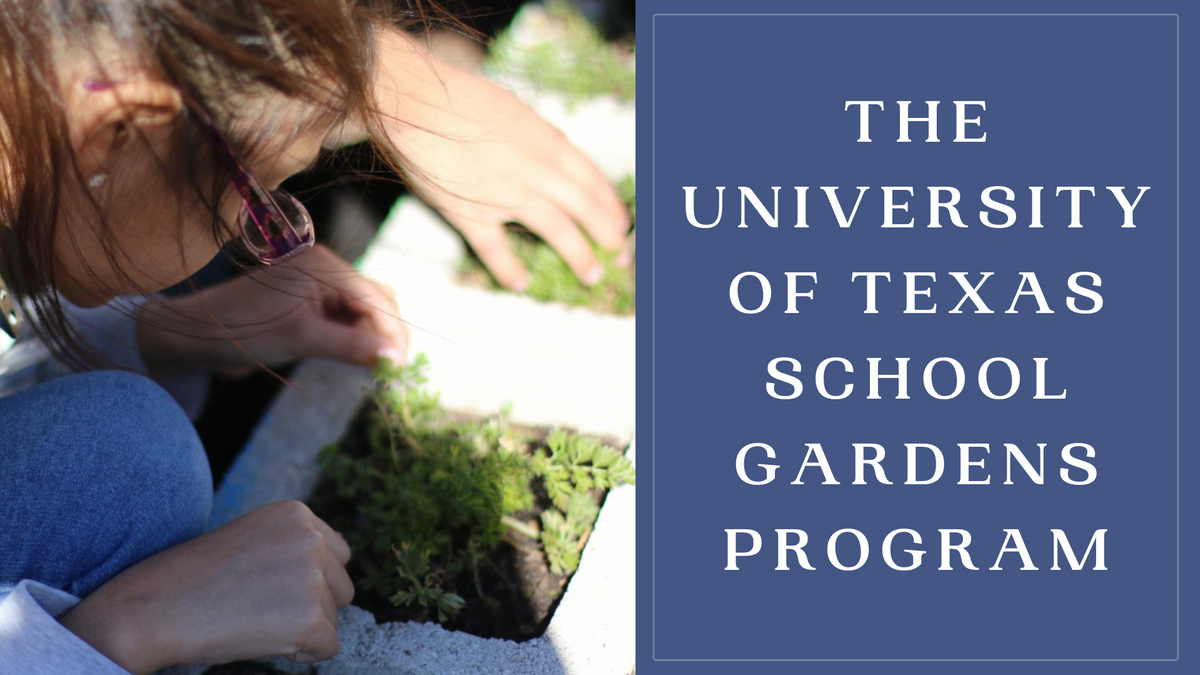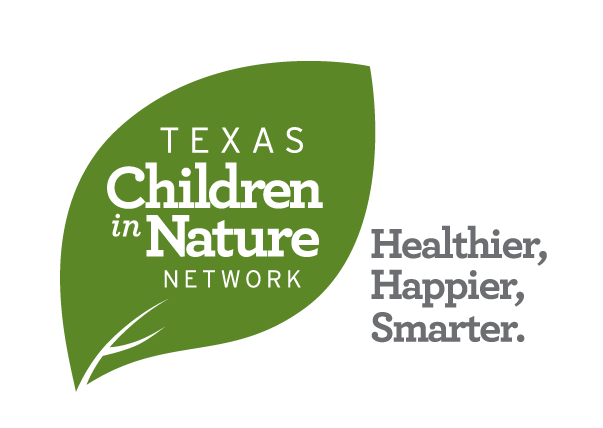
The University of Texas School Gardens Program
On January 11th Jaime Davis and Michele Hockett Cooper from The University of Texas School Gardens Program sat down with to talk about their program and how they are engaging teachers and students in the Austin area,
Introduce yourselves and tell us about what you do:
My name is Michele Hockett Cooper. I have been with the University of Texas for five years. I started working at UT with Jaime in her lab as a program coordinator in the Texas Sprouts Education Program, establishing health connections between gardens and preventing obesity in children. In that program each lesson had a food component of some kind and we looked at a bunch of different health outcomes. We worked with school gardens all around Austin for four years. With this project we designed a course at the University to keep undergraduate students involved in school gardens, we were wanting to tackle the gap in the experience we were seeing in the training of the nutrition studies students at the University. It is a one year course, and it puts undergraduate students in schools to teach nine gardening and nutrition lessons with one class and have a mentor teacher there to help them learn.
My name is Jaime Davis. I am the PI on the Texas Sprouts Education Program. We are currently in data analysis for this project, and so far it is showing to have been very successful. We saw an increase in vegetable intake with students and greater glucose control in the students who participated with the program. We have seen improvements with the students who spent time in the garden in the following areas: time on task, academic performance, physical activity level, and psycho-social variables. We also saw a higher level of buy-in from students while in the garden. Now we are looking at how we can sustain the program.
We have received funding from Sprouts grocery store and are trying to create an online platform to lead to resources and evaluate participating schools. One thing we have seen is a lack of support for teachers to continue to use the gardens after our initial NIH funded program was put into place. So we are now creating teacher workshops and support across the district.
What makes you passionate about helping children and families spend time in nature?
Michele - I'm not working with kids directly now - but I get to hear their stories. Watching those lightbulb moments - when a kid pulls a carrot out of the ground or sees a seed has sprouted. They eat it and try something they would never try because they had a role in growing it.
Jaime - Now in the COVID environment a need to spread kids out more the gardens offer a whole other classroom. Our weather is so good that we can be outside more. Garden programs are successful because kids take part.
How does the University of Texas Gardens project work in the access and equity in nature space in Austin?
Jaime thoughtfully designed the program to meet kids with the highest needs. Schools that were primarily Hispanic and Title I. We try to meet the highest need because they often have the highest risk for diabetes. We are looking at access to fruits and vegetables in communities. We work all around the Austin area, in both urban and semi-rural areas. The program teaches kids to garden at home and have seen an increase in gardening at home with those students.
What lessons do you think our partners could learn from your research?
We have identified a gap in our data, the role of reaching families. Texas requires nutritional education in public schools. If the schools have gardens, it doesn't reach the parents. We tried to reach out to families, but had trouble having families attend our events. At most schools students are arriving at the school via school transportation and after schools hours it is tricky getting families back up to the school. Getting families involved is huge in seeing a lasting behavior change.
Our lesson is when a kid has first hand experience they are going to have a lot more excitement about it. We haven't seen a large scale obesity prevention change in Texas, but we also know it is a long road. If we ignore it we will have a bigger problem in the future.
How can Texas Children in Nature Network be a partner in the work?
How can we come together to encourage outdoor learning in the whole school? Set an expectation that every teacher spend time in the garden with their students. Spending time outdoors needs to be part of the school culture and we need administrators to know the value of the school gardens.
Thank you Jaime and Michele for your time today.
To learn more about UT School Gardens Project check out the following links:
